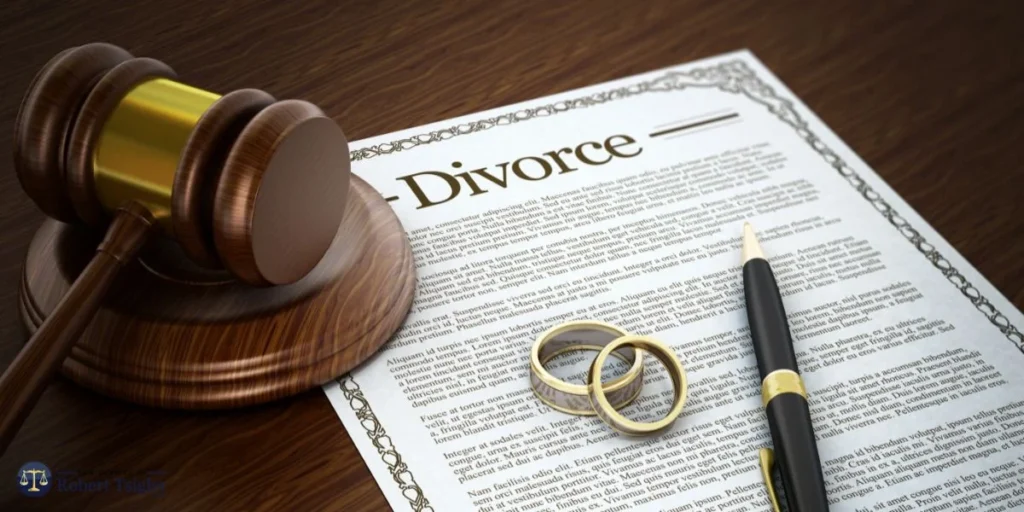Divorce is a significant life event that comes with many legal, emotional, and financial considerations. In New York, the divorce process has its own set of rules and guidelines that can impact everything from property division to custody arrangements. This article covers some important facts about divorce in New York, providing insights into the process, grounds for divorce, and key factors to keep in mind. For residents on Long Island facing this transition, working with a Long Island divorce lawyer can provide the guidance needed to navigate these legal complexities.
1. No-Fault Divorce State
New York is a “no-fault” divorce state, meaning that couples can file for divorce without needing to prove wrongdoing by either party. This provision, enacted in 2010, allows a marriage to be legally ended if one spouse states that the relationship has been “irretrievably broken” for at least six months. While fault-based divorces are still allowed, the no-fault option simplifies the process and reduces the need for contentious court battles.
2. Residency Requirements in New York
To file for divorce in New York, specific residency requirements must be met. Generally, at least one spouse must have lived in the state continuously for two years prior to filing. Alternatively, if the couple was married in New York or lived there as a married couple, a one-year residency by either spouse is usually sufficient. These rules help New York courts establish jurisdiction over the divorce.
3. Grounds for Divorce
In addition to no-fault divorce, New York law recognizes other grounds for divorce. These include:
● Adultery: If a spouse has committed adultery, the other spouse can file on these grounds, although proving adultery requires substantial evidence.
● Cruel and Inhuman Treatment: Divorce on this basis is often cited if one spouse’s behavior endangers the other’s physical or mental health.
● Abandonment: If one spouse leaves for a continuous period of one year without consent or just cause, abandonment can be a valid ground.
● Imprisonment: If a spouse is sentenced to prison for three or more years, the other spouse may use this as a ground for divorce.
While these grounds are available, many choose the no-fault option, as it tends to be simpler and quicker.
FOR INFORMATIVE CONTENT VISIT.. : Christmas gifts
4. Equitable Distribution of Property
New York follows “equitable distribution” rules, meaning that marital property is divided in a way that is fair, though not necessarily equal. Marital property generally includes assets and debts acquired during the marriage, regardless of which spouse’s name is on the title or account. Factors that can influence distribution include the length of the marriage, each spouse’s income and property, and contributions to the marriage, both financial and non-financial.
Separate property—assets acquired before marriage or received as gifts or inheritance—typically remains with the original owner, though there can be exceptions. A Long Island divorce lawyer can help clarify these distinctions and protect clients’ interests in property division.
5. Child Custody and Support
For divorcing couples with children, child custody and support are often central issues. New York courts prioritize the best interests of the child, which includes factors like each parent’s ability to provide a stable environment, the child’s relationship with each parent, and each parent’s mental and physical health.
Custody arrangements can be joint (shared decision-making responsibilities) or sole (one parent has primary decision-making authority). Physical custody, or where the child lives most of the time, can also be shared or granted to one parent, depending on what’s considered best for the child.
Child support is calculated based on the income of both parents and is intended to provide for the child’s basic needs. The non-custodial parent typically pays a percentage of their income, though a court may adjust this based on other factors.
6. Spousal Support (Alimony)
Spousal support, or maintenance, is sometimes awarded to a spouse who may need financial assistance after a divorce. The amount and duration of support depend on factors like the length of the marriage, each spouse’s income and assets, and contributions to the household. Support may be temporary, lasting only through the divorce process, or post-divorce, based on a court decision or settlement.
7. The Importance of Legal Guidance
Navigating the complexities of New York’s divorce laws can be challenging, especially when emotions are high. For individuals going through a divorce on Long Island, seeking guidance from a knowledgeable Long Island divorce lawyer can help streamline the process. These attorneys are familiar with New York’s family laws and local court procedures, providing personalized advice that aligns with their clients’ goals and concerns.
Moving Forward
Divorce is never easy, but understanding New York’s rules and procedures can help reduce the stress of the process. From property division to custody matters, each element of divorce law is designed to create a fair outcome that supports each party’s transition to a new chapter. With the support of a qualified Long Island divorce lawyer, those facing divorce on Long Island can feel confident in their legal representation, knowing they have someone to guide them through each step of the process.
Whether it’s securing fair property distribution, establishing child support, or determining custody, having an informed approach to divorce in New York empowers individuals to make decisions that set the foundation for a stable future.

